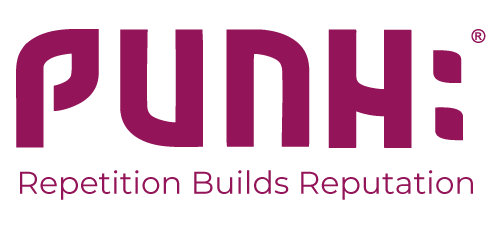You might be living under a rock if you have not heard about the rave about the buzziest supplement to boost beauty and general health. You guessed it right- collagen. Before we dive into the various sources of collagen, let’s take a look at what collagen is, and how it helps our body.
What is collagen?
Collagen is the most abundant type of protein found in the human body (correction: all mammals!). Based on the amino acid composition, there are 19 different types of collagen distributed in various tissues throughout the human body. Out of the different types of collagen, Type 1 and 3 are most abundant in skin and blood vessels. Type 2 is found in cartilage, and type 4 is distributed in the basement membrane of most cells. Also referred to as “superglue”, it is an important component of the extracellular environment of the body that holds the tissues together. Think of the molecular structure of collagen as a braid. These helical fibres thus maintain the skin’s elasticity, firmness, and moisture content; along with improving gut health and strengthening bones and joints.
The level of collagen in our skin peaks during the 2nd and 3rd decade of life, and unfortunately decreases in an age-dependant manner (approximately 1% per year). This downfall in the level of collagen is also aided by UV rays and unhealthy dietary habits (read: diets rich in sugars). Thus, to compensate for this loss and to regain skin’s plumpness and combat the signs of ageing, collagen supplements are heaven-sent.
The Different Sources of Collagen
Of the different sources of collagen, the most popular ones are marine, bovine, and porcine. Currently, marine and bovine forms of collagen supplements are very prevalent and widely used, but due to the overwhelming amount of information available throughout the internet, it is bound to leave us confused over which source holds the upper hand.
Bovine v/s Marine Collagen: we’ve picked our winner
The biggest difference between any type of collagen supplement that is available in the market is its source. Another difference that we find between the sources of collagen is the type of collagen they contain.
Bovine Collagen
is found in the connective tissue, cartilages, and bones of cows. However, cowhides (discarded skin) remain the largest source of bovine collagen, and it mainly contains type 1 and types 3 collagen, making it ideal for maintaining skin as well as gut health. Additionally, it is a very cheap source of collagen. Bovine collagen is not a complete protein in the sense that it does not contain all the 9 essential amino acids that our body needs, but still, all the other necessary amino acids are enough to get by. The main complaint that consumers present with, about using bovine collagen, has always been bloating and an upset stomach (owing to its bigger molecular size), along with allergic reactions. According to research, almost 3% of people have shown an allergic reaction to bovine collagen.
A very important factor in determining the quality of collagen that you are consuming is the source. It is not always possible to cross-check the quality of feed that the herd gets, and the sanitary status of the environment they are grown in. Usually, labels do not call out whether the collagen was ethically sourced, or if the cows were grass-fed & pasture-raised, without any kind of treatment with antibiotics & growth hormones, or not. Grass-fed bovine collagen is better as it is less probable to be sourced by unscrupulous means.
On the Other Hand, Marine Collagen
is derived from the skin, bones, or scales of fish. Cod, herring, mackerel, red snapper, pangasius, tilapia, and pollock are the main fish from which marine collagen is sourced. Marine collagen is type 1, thus it proves to be a prompt collagen fix for ageing skin. It has a smaller particle size, which aids in very fast absorption and digestion.
The biggest advantage that marine collagen has over bovine collagen is its higher bioavailability- it is digested almost 1.5 times faster than literally any type of collagen. Talk about a quick fix. Also, as roughly 62% of by-products of fish processing (roughly 7% of the fish’s body weight, including collagen) eventually would turn into waste, marine collagen is eco-friendly. As fish are caught from their natural habitat, you can worry less about them being treated with antibiotics or growth hormones. It is pescatarian-friendly, making it an ideal option for almost anyone. It easily amalgamates into the taste of smoothies, coffee, and almost anything that you want to consume.
Wild-caught marine collagen forms the most sustainable, bioavailable, safest, purest, and cleanest form of collagen.
Collagen supplements are extremely safe & nontoxic to be consumed daily.
So why wait, deep dive into the sea of beauty with marine collagen supplements!


Share:
Veg Omega 3 Fatty Acids – A Myth or Reality?
Role of Collagen in The Skin- All You Need to Know